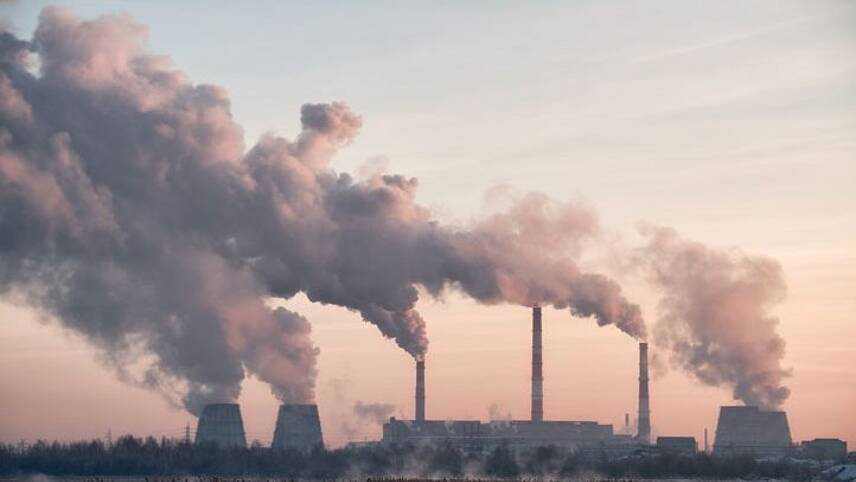Register for free and continue reading
Join our growing army of changemakers and get unlimited access to our premium content

70% of UK manufacturers believe that any UK carbon boarder measure should be aligned with the EU’s CBAM
Research from climate think tank E3G found that 73% of UK manufacturers would support the introduction of a CBAM, which is being considered by the Treasury ahead of the Autumn Statement.
The CBAM, which aims to create enabling environments for carbon-intensive manufacturers through carbon pricing, would only be opposed by 8% of manufacturers.
Additionally, half of the manufacturers believe it would have a positive impact on their organisation.
E3G’s senior policy advisor Jonny Peters said: “A carbon border adjustment mechanism is clearly the right fit for UK industry. However, we cannot ignore the legitimate international concerns that exist around carbon border measures, with many seeing them as a drawbridge to developing countries.
“The clearest way to mitigate this is to reuse some of the levy’s revenue for UK international climate finance. This would help developing countries decarbonise and meet higher environmental trade standards.”
As reported by edie’s content partner Euractiv, CBAM aims to provide a level playing field for EU manufacturers who pay for carbon pollution permits under the bloc’s Emissions Trading Scheme but are exposed to competition from foreign firms who are subject to weaker environmental rules.
Under CBAM, foreign producers will have to pay the same carbon price as EU manufacturers, a move aimed at encouraging cleaner production abroad and preventing European industries from relocating.
Firms outside the EU in certain sectors have already been tasked with collecting emissions data and reporting to a transitional registry hosted by the European Commission in order to continue exporting to Europe.
The CBAM will enter a reporting phase in January 2024 and be fully operational from 2026. It will levy taxes on imports such as iron, steel, cement, electricity and hydrogen not produced in alignment with the EU’s carbon standards.
In order to create clarity and a fair market, 70% of UK manufacturers believe that any UK carbon border measure should be aligned with the EU’s CBAM.
The research also found that the public would support such measures. In total, 51% of the public polled on CBAM claimed they would support it – once the policy was explained – compared to just 11% who opposed it.
There is also an economic opportunity to consider.
Last week, trade body Energy UK warned that the UK could face hefty tax bills for exporting to the EU once it implements its new Carbon Border Adjustment Mechanism (CBAM), partly due to weak and volatile carbon pricing.
The UK launched a new, post-Brexit Emissions Trading Scheme (ETS) in 2021 and, by January 2022, carbon prices had reached around £72 per tonne. This was, at the time, a record peak. It was exceeded in August 2022 when prices almost hit £100 per tonne.
Carbon prices under the UK ETS have been broadly declining since April 2023. The lowest prices seen this year were between £35 and £40.
According to Energy UK, the UK ETS raised around £1bn less between April and October 2023 than if prices had remained at the levels seen in the previous six months.
As such, 67% of businesses believe that the UK should link its ETS with the EU variant in order to exempt UK manufacturers from the EU CBAM.


Please login or Register to leave a comment.